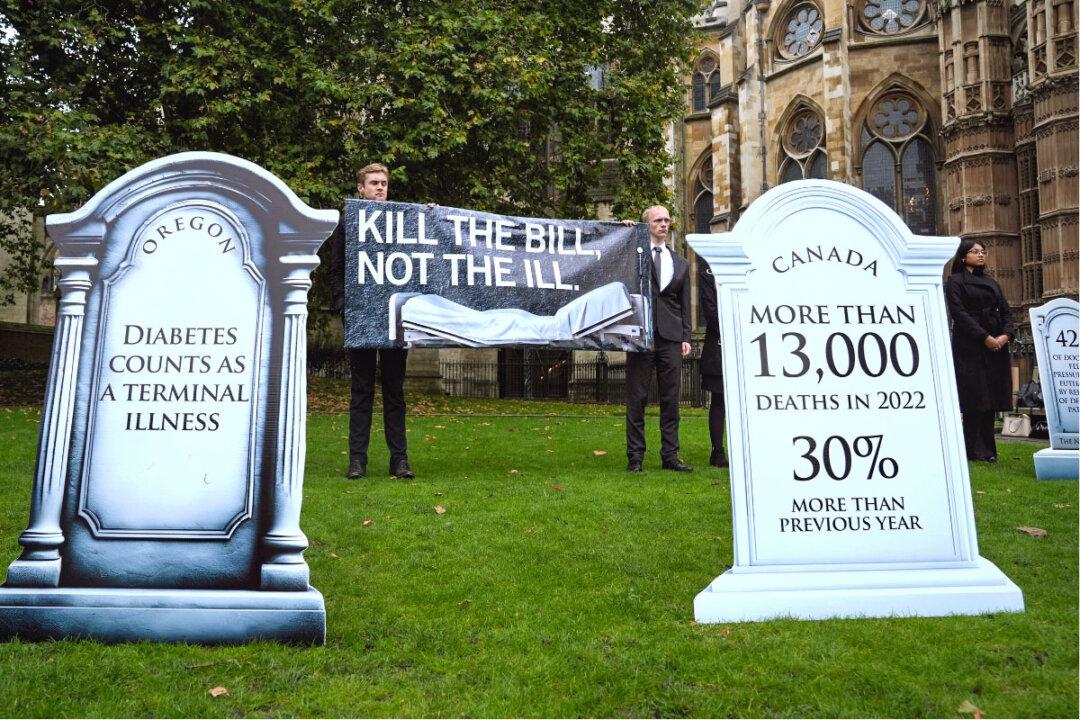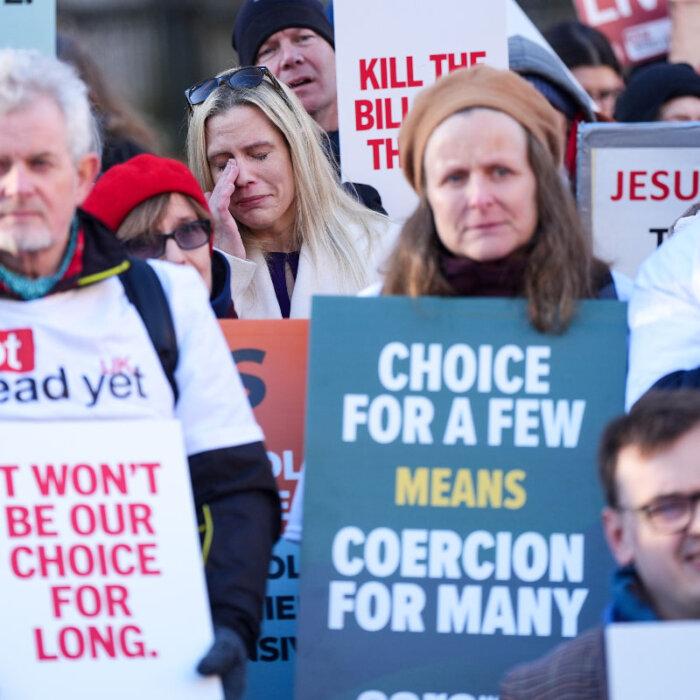Labour MP Naz Shah has warned that unless safeguards are put in place to protect vulnerable people, the assisted suicide bill could be the next Post Office or infected blood scandal.
Shah, a member of the committee currently scrutinising the Terminally Ill Adults (End of Life) Bill, was speaking in support of an amendment which would prevent doctors from discussing the option of assisted suicide unless their patient raised it first.
Speaking to MPs on Wednesday, she highlighted evidence already heard by the committee from palliative care specialists who said vulnerable people—particularly those without social support networks or who are “too scared” to challenge doctors—might perceive that when a doctor raises assisted suicide, “they will hear it not as a neutral comment, but as a suggestion.”
Shah put to colleagues: “The question we have to ask ourselves is: are we going to be that committee that ignored the evidence of experts who deal with this on a daily basis, on the front line with those very people [...] that this bill is actually aimed at?
Ignoring Experts
The MP for Bradford West went on to warn that “we cannot ignore the testimony of those who have the most relevant experience,” as other governments and councils have done in recent decades with other issues.Shah said “for years” subpostmasters had said that the system was not working, but successive governments “said they were wrong time and time again. They were dismissed.”
‘Form of Pressure’
Shah said that palliative care specialists who gave evidence, like Dr. Rachel Clarke and Jamilla Hussain, do not think the scenario where patients could be inadvertently coerced into assisted suicide by a doctor was a hypothetical danger.Giving evidence during a committee session on Jan. 28, Clarke had raised it as a safeguarding issue, telling MPs: “If you say to a vulnerable patient who’s just been told they have a diagnosis of terminal cancer, ‘Have you thought about assisted dying?’ I would suggest that stating it broadly like that is a form of pressure.”
She added that, “potentially, you are unintentionally coercing that patient” and they would be prompted to question whether the doctor is telling them that their life is not worth living.
‘A Choice’
The Private Members’ Bill, put forward by Labour MP for Spen Valley, Kim Leadbeater, would allow terminally ill adults who have been given a life expectancy of less than six months to access assisted suicide.
Conservative MP for East Wiltshire, Danny Kruger, similarly voiced concerns that if doctors were to introduce the idea of assisted suicide to a terminally ill patient who had not brought it up themselves, the patient might take it as a recommendation, rather than an option.
Responding to Kruger, Leadbeater said that assisted suicide was “a choice, in the same way that the other options are a choice” and that it “would not be informed consent for a person to suffer a horrible death if they were not told about this option.”

The committee will reconvene on March 4 where MPs will continue line-by-line scrutiny and vote on amendments prohibiting doctors from raising assisted suicide as an option, unless the patient does so first.







